Fred Daley – Pastor in the Diocese of Syracuse; he publicly “came out” as “gay” in 2004.
“While on a retreat, I shared the truth about my sexuality for the first time with the Jesuit priest assigned as my spiritual director. I prayed that he would help me get back on track. I wanted to learn how to repress these impure thoughts. Instead, Father Paul explained that my sexual orientation is part of who God created me to be. I was and am wholly loved by God.”
Ben Brenkert – Former “gay” seminarian with the Jesuits.
“…I was open and transparent about my sexual orientation from the beginning. Before I committed, I talked to my vocation director. He was a gay Jesuit; he assured me I’d be welcomed into the Society of Jesus, that I wouldn’t have to go back into the closet. I met other gay Jesuits who told me the same.”
Patrick Hornbeck – Associate Professor and Chair of Fordham’s Department of Theology. In 2015, he married his same-sex partner at St. Bartholomew’s Episcopal Church in New York City.
“One of the things I was taught, I’ve been with Jesuits since high school, there is this Ignatian pedagogical paradigm, a teaching paradigm, that starts out with where is the student. And the goal is not to say: ‘Oh bad student, look at the nasty place you are in. Let me try to help you out of it.’ But let me understand who you are in this place, let me see God in you in that place.”
“A stricter interpretation of Canon Law or of sexual ethics might urge us to the conclusion that nothing good can come out of these relationships – these divorced and remarried relationships, these same-sex relationships, something along the lines of no good fruit from the poisoned tree, but [Pope] Francis, while not undertaking any formal doctrinal changes has urged the clergy to make allowances in pastoral practice for those whom he says live in quote/unquote ‘irregular situations.’”
Martha Plascencia – Leader of LGBT Parent Support Group; interviewed by the Jesuit-run “IN Network.”
“The language in the Catechism has to change. That word ‘intrinsically disordered,’ my son is not intrinsically disordered. And the bullets from the Catechism, they can harm a lot of children – I mean to the extent of suicide.”
Patrick Conroy, S. J. – Jesuit Chaplain to the U.S. House of Representatives.
“What hope does that ever give for a gay or lesbian person who desires just as a heterosexual person desires to commit their life to someone in whom as Catholics they have found the presence of the love of Christ, the presence of the meaning of their life in that person. Where to go with that is the dead end.”
Donal Godfrey, S.J. – Associate Director for Faculty and Staff Spirituality at the University of San Francisco.
“As a church we need to accept that family goes beyond traditional lines. I don’t expect the teachings to jump to acceptance in one day, it will take decades. In the meantime we need to accept people pastorally as they are and where they are. For now, this would be sufficient. Later the teachings will catch up and evolve.”
Dennis J. Yesalonia, S.J. – Pastor at the Church of St. Ignatius Loyola in New York City.
“For reasons unique to each person, our LGBTQ parishioners are firmly committed to being Catholics, despite how they are characterized by the official teaching of the church. They are nonetheless buoyed by their hope that the church’s teaching will change…They yearn to be true to who they are, created out of love by God as gay, as lesbian, as bisexual, as transgendered, or as questioning of their identity.”
The Editors of The Jesuit Post –
“Many of us know people in same sex relationships of authentic love. We have come to understand that love, fidelity, and mutual commitment are worth being grateful for, regardless of the genders involved. We know the real hardships our loved ones suffer on account of not having the same rights as their heterosexual counterparts – whether through actual discrimination on the part of the government or through internalized perceptions of inferiority and worthlessness. We can, and do, celebrate the relief and affirmation they are experiencing right now.”
Professors Todd A. Salzman and Michael G. Lawler – Chair of the Department of Theology at Jesuit Creighton University; professor emeritus.
“Francis limits his consideration of irregular situations to couples who are divorced and remarried without an annulment and couples who are cohabiting, but his analysis applies also to other situations considered gravely sinful, such as a same-sex union. Factors may exist in all irregular situations which limit “deliberate consent” and the ability to make a fully informed moral decision (Amoris Laetitia, 301).”
John D. Whitney, S.J. – Pastor at St. Joseph Catholic Parish in Seattle; former Provincial for the Society of Jesus, Oregon Province.
“[Saint] Paul, a man of his times and circumstances, was clearly connecting the idolatry of the pagan world to the sexual behaviors that often accompanied it. Ritualized homosexuality and pederasty are significantly different from the loving and mutually chosen relationships of many committed gays and lesbians… But, what we see today is something else, something not so easily answered by St. Paul’s words or those of Leviticus.”
Bryan Massingale – Professor of Theology at Fordham University.
“We’re in this transitional time when we’re moving out of one paradigm of understanding human sexuality and into another. That’s part of the mess we’re in, but it is our faith as Catholics that this mess contains the ground for new life and new birth.”
James Martin, S.J. – Author and editor-at-large of the Jesuit magazine “America.”
“I’m no theologian, but I would say that some of the language used in the catechism on that topic needs to be updated, given what we know now about homosexuality. Earlier, for example, the catechism says that the homosexual orientation is itself “objectively disordered.” But, as I say in the book, saying that one of the deepest parts of a person — the part that gives and receives love — is disordered is needlessly hurtful. A few weeks ago, I met an Italian theologian who suggested the phrase “differently ordered” might convey that idea more pastorally.”
Russell Pollitt, S.J. – The Jesuit Institute of South Africa
“The kind of language, for example, which is used in official texts of the Church powerfully shapes perceptions, attitudes and actions. After all, isn’t that what religious teaching strives to do – shape perceptions, attitudes and actions – hopefully for the good? Phrases such as ‘objectively disordered’ are not helpful… Bad religion, which includes bad religious language, is an assault rifle – and it is used often. Some pulpits are assault rifles.”
Andy Buechel – Professor at Jesuit Xavier University in Cincinnati.
“…God became human that humans might become God. Our deepest desire is to participate fully in the erotic life of God, to be immersed so totally in love that the Divine Life and our own become the same…The encounters with the resurrected Lord intensify the limitations and reductions of modern conceptions of sexual difference and sexual orientation, limitations first seen at the transfiguration. Jesus’ body is not only queer in its fluidity, openness, and excess; it is queer by how it relates to other bodies erotically, drawing them towards the Divine.”
Thomas Reese, S.J. – Author and a former editor-in-chief of “America.”
“I have never bought the argument that gay marriage is a threat to families. Legalizing gay marriage is not going to cause millions of people in heterosexual marriages to suddenly decide to leave their spouses for a same-sex partner. It could be argued that gay marriage might help heterosexual marriages. For example, in an apartment building filled with unmarried couples in New York City, the gays who get married may inspire the heterosexuals to do the same thing.”
Michael O’Loughlin – National Correspondent for “America.”
“As a Catholic, who happens to work in the church, and who writes extensively about the church, and who is also gay, I am fairly desensitized to the veiled bigotry employed by so many Catholic leaders. Sure, the cardinals and bishops who seem obsessed with issues of homosexuality usually begin their statements recalling the Catechism of the Catholic Church that reminds us all people are to be treated with dignity. But in the next breath, their words turn to sin, disorder, unnaturalness, and general judgment and condemnation. Under Pope Benedict XVI, combined with rapid advancements for LGBT people in the West, the church’s attitude and language toward gay people reached a nadir.”
Robert Carter, S.J. – Founding member the National Gay Task Force.
“Since Jesus had table fellowship with social outcasts and sinners, those rejected by the religious establishment of his time, I consider myself to have been most fully a Jesuit, a ‘companion of Jesus,’ when I came out publicly as a gay man, one of the social rejects of my time. It was only by our coming out that society’s negative stereotypes would be overcome and we would gain social acceptance.”
John J. McNeill, S.J. – Author and co-founder of the dissident Catholic LGBT ministry Dignity.
“Since most gay people experience their homosexual orientation as a part of creation, if they accept this Church teaching, they must see God as sadistically creating them with an intrinsic orientation to evil. Most gays would prefer to see the Church teaching as wrong, rather than believe God is sadistic.”
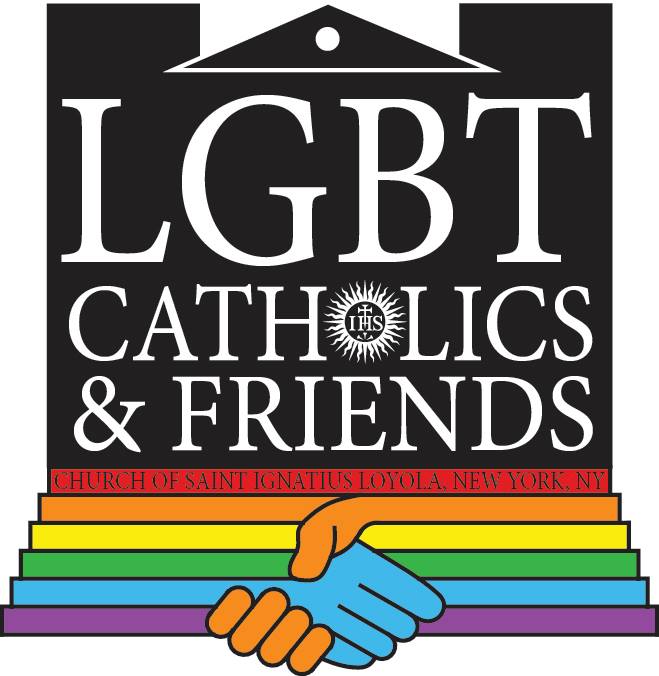
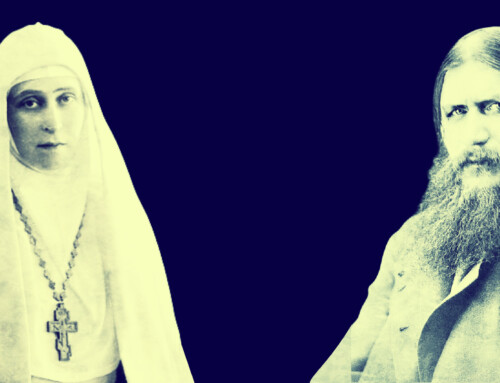
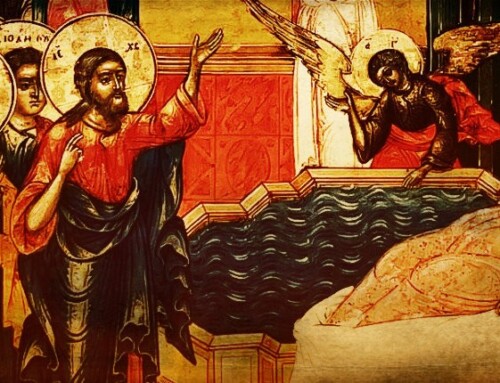
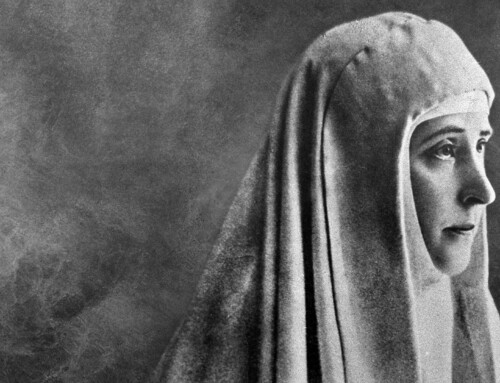
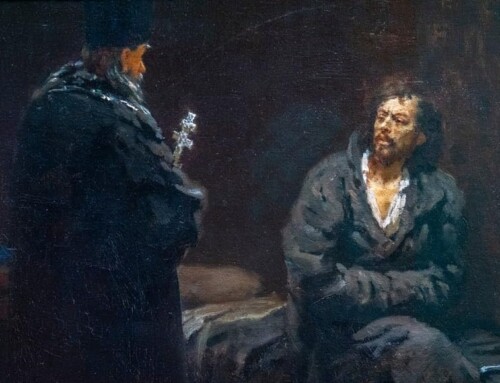
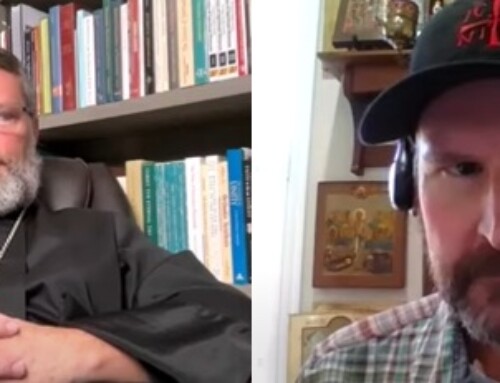
I’ve heard Catholic priests and theologians talk about “rooting out STRUCTURES OF SIN” in the world. What if the Society of Jesus (and many other religious orders) have themselves become “structures of sin”? Dissent is not a “charism” that a religious order should be founded on! Enough!!
I recall Catholic priests and theologians who would talk about the importance of rooting out “structures of sin.” I wonder if the Society of Jesus (the Jesuits) have themselves become a “structure of sin”! Dissent is NOT a charism upon which a religious can be properly founded! Enough is enough!
I meant to type “religious order” but my fingers weren’t keeping up! It just seems to me that many religious orders within the Church, especially those that supposedly operate on a higher intellectual plane, are often lost in the weeds. Whatever happened to obedience to the teaching of the Church?
Regarding Fr. Martin’s assertion, “saying that one of the deepest parts of a person — the part that gives and receives love — is disordered is needlessly hurtful”,
I guess I don’t understand, as a woman, why I would ever call my orientation to sexual pleasure, my giving and receiving of physical pleasure, “love”. But that’s what these guys are doing. They seem to be confusing orgasm with love: if you don’t achieve orgasm, you don’t experience the giving and receiving of love.
“Who you love” has become shorthand for “who you achieve orgasm with”. It’s very irritating in its dishonesty, whether used by a politician to advance the cause of redefining marriage, or used by a priest who should have greater respect for the meaning of the word “love” in light of Christ’s total sacrifice on the cross. Poor Jesus. Did he ever give or receive love, as Fr. Martin understands it? The Gospels are silent.
I’m beginning to think that the 12 years it takes to be a Jesuit priest must be rampant with seminarian abuse. 12 years with Jesuit Uncles. And that doesn’t count men who studied four years at a university before deciding to enter the Jesuit disorder.
chastity is a commandment of Jesus.
the command of our Lord that we are to live chaste lives is non-negotiable.
as to the culpability we have for our sinful actions, it is best in our examinations of conscience that we typically do not diminish either our responsibility or the gravity of our disobediences if we desire to grow spiritually.
Jesus command that we live chaste lives will not, cannot, change.